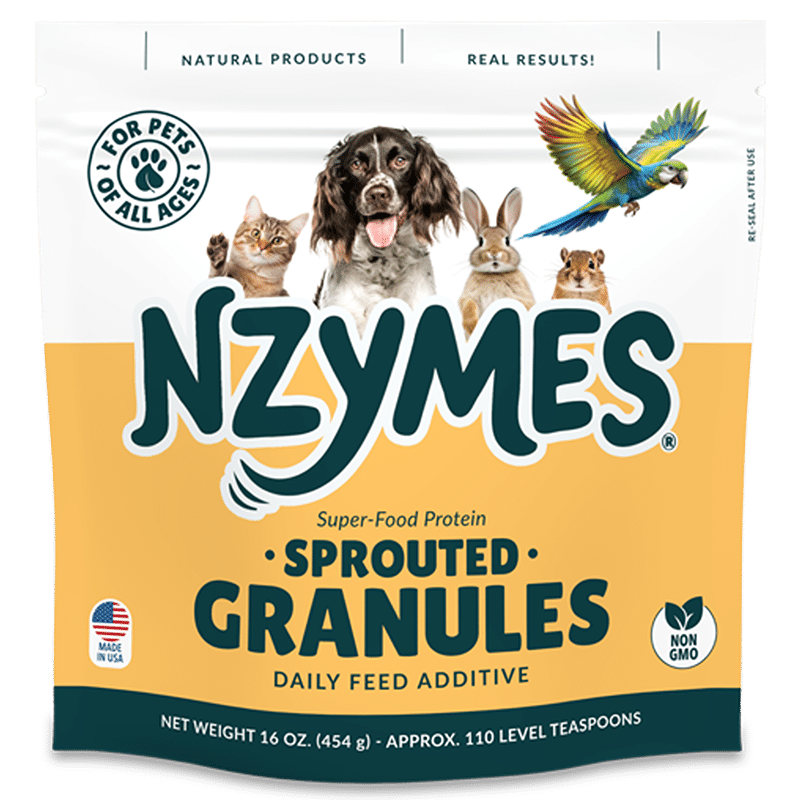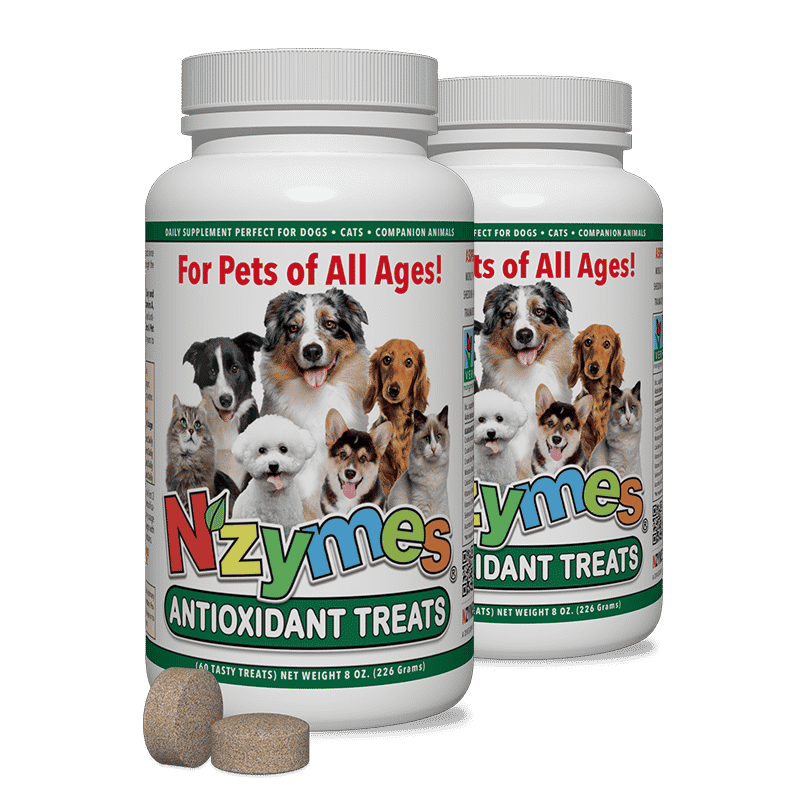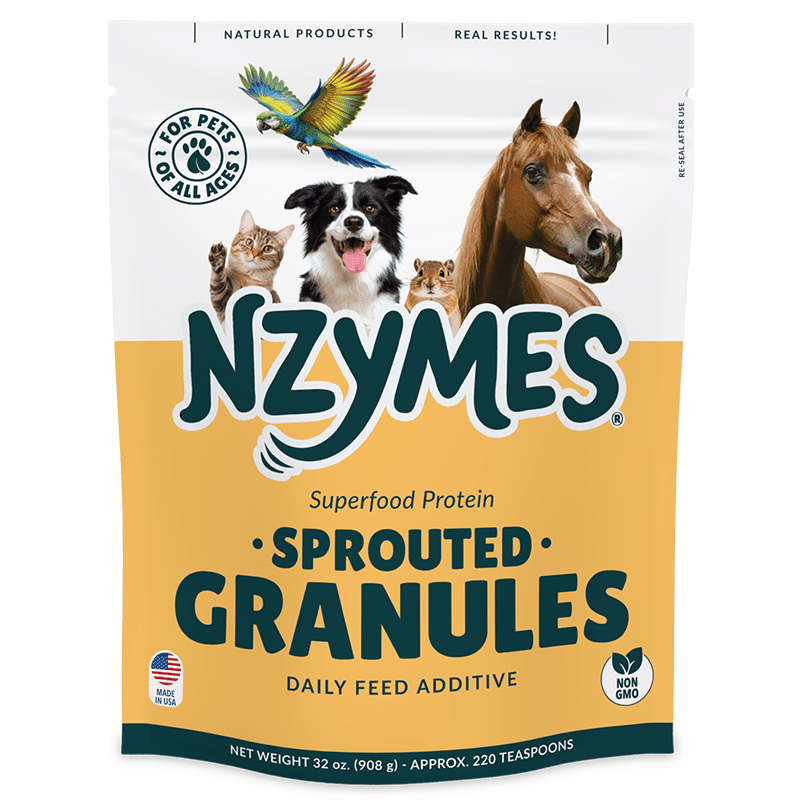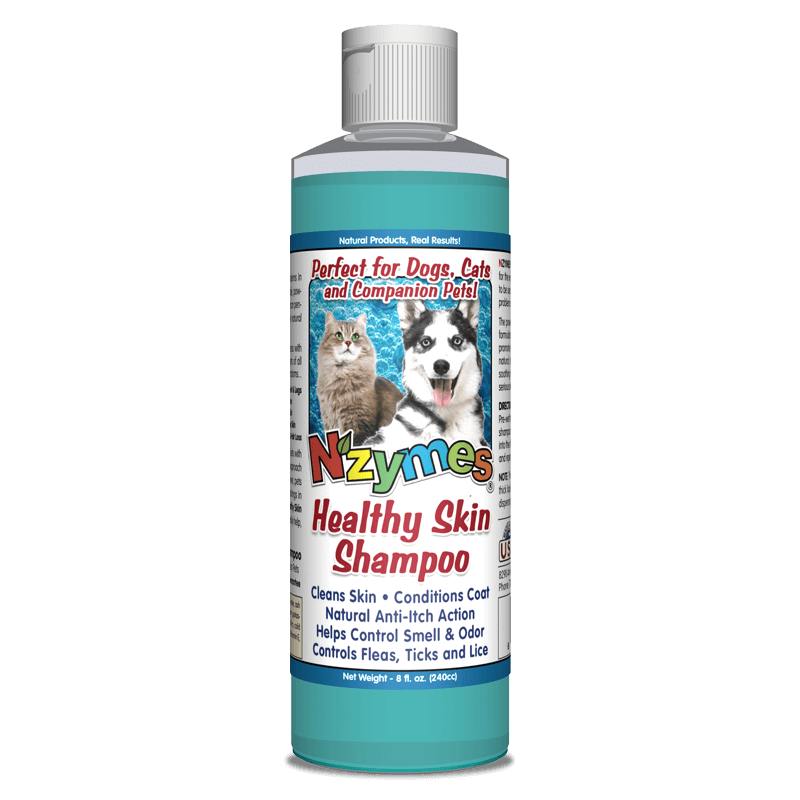Hip Dysplasia and Herding-Breed Dogs
Are you surprised to see your Aussie, Border Collie or similar breed starting to struggle with his hips? You’re not alone. While the Australian Shepherd is generally a very healthy breed of dog, hip dysplasia is, unfortunately, a common ailment for Aussies, and most likely for a fair share of Border Collies.
Herding dogs – like collies, sheepdogs, and other shepherd breeds tend to be prone to some of the same joint and bone disorders related to back and hip problems. As a member of this family of breeds, the Aussie is not exempt.
Cases of hip dysplasia are found in all breeds but tend to be more prevalent in medium to larger breed dogs. It is widely believed that hip dysplasia in Australian Shepherds is a polygenic trait (caused by many different genes), though there is not a lot of hard science to support that theory. Depending on bloodline, it’s possible this disorder could be a result of rapid growth. These growth spurts coupled with the high level of energy in this breed make a premium diet with plenty of protein necessary for the healthy development of their bones.

Because ‘Aussie’ is a very lively breed, it’s important to pay close attention to diet and exercise. Their diet needs to include enough calories, protein and good nutrition for them to use and burn. Research foods that have the right balance of protein and calories – too many calories will do more harm than good. These dogs are also very intelligent – it’s easy for them to get bored and lonely without the right amount of activity and interaction. They enjoy regular exercise and extra training (beyond the basic heel, sit and roll over). Taking frequent walks, runs, or a good game of fetch can help use up the energy that needs to be spent. Pent up energy can turn into excessive jumping when they are finally allowed out – and this can lead to joint injuries that may look like hip dysplasia but aren’t. If you have a jumper that exhibits hip problems, get to the vet for some x-rays to determine the real issue.
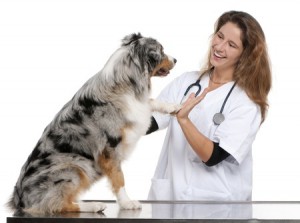 If you do have an Australian Shepherd with hip dysplasia, be aware of your treatment options. This doesn’t need to be an end of the road issue. Natural products can be a great place to start. Did you know that enzyme rich supplements that can have a positive effect on the symptoms of hip dysplasia, while enhancing overall health by supporting other organs in the body? If it’s recommended that a medication is the best route, find out if there are possible side effects. Australians Shepherds are also prone to epilepsy and eye problems…so be sure that the suggested medication doesn’t list one of these as a possible side effect. And if a certain surgical procedure seems your only option, take the time to educate yourself on its success rate.
If you do have an Australian Shepherd with hip dysplasia, be aware of your treatment options. This doesn’t need to be an end of the road issue. Natural products can be a great place to start. Did you know that enzyme rich supplements that can have a positive effect on the symptoms of hip dysplasia, while enhancing overall health by supporting other organs in the body? If it’s recommended that a medication is the best route, find out if there are possible side effects. Australians Shepherds are also prone to epilepsy and eye problems…so be sure that the suggested medication doesn’t list one of these as a possible side effect. And if a certain surgical procedure seems your only option, take the time to educate yourself on its success rate.
There is a world of information out there. It will take time to weigh the pros and cons of a decision. Some of the best research could be learning from those who’ve already had to deal with this problem. As you’ve likely already learned from your Australian Shepherd – where there’s a will, there’s a way – and there are so many ways that hip dysplasia can be helped. You only need to find the one that’s right for you.
Products Recommended for Dysplasia in Herding-Dogs
Granules for the Economical Preference, Treats for Convenience

